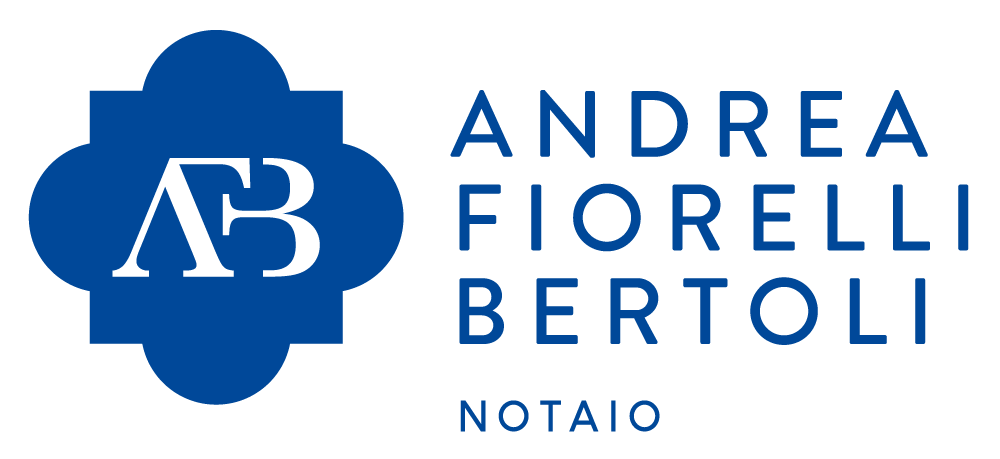Easement vs Profit à prendre
Transcript:
Hello!
Today we look at two interesting concepts in Land Law, namely an easement (servitù) and a profit à prendre (a volte servitù, o licenza, o usi civici).
Easements may arrise (verificarsi) when you want to use another person’s land for a specific purpose, eg., as a right of way for people, for telephone lines, gas pipelines, sewers (fognature), or for storage (stoccaggio).
The land that is burdened (gravato) by an easement is known as the servient tenement, while the land that is benefited is the dominant tenement. Easements run with (seguono) the land even if the owner changes.
Negative easements also exist and they encumber (obbligano) the servient tenement not to restrict the dominant tenement’s right to light (which means you cannot build on your property in such a way that you block another person’s right to light), or restrict the right to receive water from a stream, or restrict the right to a structural support, for example.
Profits à prendre, or just simply “profits”, on the other hand, give you the right to take something away from the land of another. A profit à prendre gives you the right to take away things like peat (torba), timber (legname), grass for the grazing (pascolare) of animals, or wildlife (fauna selvatica) from hunting or fishing.
A profit a prendre may be appurtenant or in gross.
The benefit of a profit a prendre appurtenant is a right which is attached to a particular piece of land and runs with the land. A profit a prendre appurtenant cannot be registered with its own title and is registered with the dominant tenement.
A profit a prendre in gross might not be attached to any particular piece of land and may be disposed of (ceduti) independently from any land. A profit a prendre in gross may be registered with its own independent title or against the servient tenement.
Lastly, some profits a prendre in gross are “rights of common”. “Common land” is land that may be enjoyed by one or more persons to take or use a piece of land, or produce of land, which is owned by someone else. These rights are referred to as ‘rights of common’. It is illegal to build a fence (recinzione) which impedes access to land subject to rights of common.
Thank you very much and see you next time for more Peter’s Pills to improve your Legal English!
Read more about Easement and Profit à prendre here.: “MAKING LAND WORK: EASEMENTS, COVENANTS AND PROFITS À PRENDRE” (.PDF).
Legal English – Sommario delle Lezioni
Legal English – Peter’s Pills – Lesson 42 – Easement vs Profit à prendre
Legal English – Peter’s Pills – Lesson 41 -er, -or and -ee names
Legal English – Peter’s Pills – Lesson 40 – The Objects Clause
Legal English – Peter’s Pills – Lesson 39 – When is Latin hot, and when is it not?
Legal English – Peter’s Pills – Lesson 38 – Default
Legal English – Peter’s Pills – Lesson 37 – Company Agent
Legal English – Peter’s Pills – Lesson 36 – Injunction (false freind)
Legal English – Peter’s Pills – Lesson 35 – Mortgage
Legal English – Peter’s Pills – Lesson 34 – Freehold, Leasehold and Commonhold estates
Legal English – Peter’s Pills – Lesson 33 – Transferor, Transferee and Transmittee
Legal English – Peter’s Pills – Lesson 32 – Tax evasion, tax mitigation and tax avoidance
Legal English – Peter’s Pills – Lesson 31 – Numbers
Legal English – Peter’s Pills – Lesson 30 – Ordinary resolutions vs special resolutions
Legal English – Peter’s Pills – Lesson 29 – AGM vs EGM
Legal English – Peter’s Pills – Lesson 28 – A going concern
Legal English – Peter’s Pills – Lesson 27 – Collocations: Violate, breach, break, disobey and infringe
Legal English – Peter’s Pills – Lesson 26 – Company meeting words
Legal English – Peter’s Pills – Lesson 25 – Mortgagor vs Mortgagee
Legal English – Peter’s Pills – Lesson 24 – Fixed charges vs Floating charges
Legal English – Peter’s Pills – Lesson 23 – Doctrine
Legal English – Peter’s Pills – Lesson 22 – Construe
Legal English – Peter’s Pills – Lesson 21 – Sign vs Execute
Legal English – Peter’s Pills – Lesson 20 – The closing statement
Legal English – Peter’s Pills – Lesson 19 – Writing Business Emails
Legal English – Peter’s Pills – Lesson 18 – Limited companies
Legal English – Peter’s Pills – Lesson 17 – Annual Accounts
Legal English – Peter’s Pills – Lesson 16 – Meetings
Legal English – Peter’s Pills – Lesson 15 – Attorney-at-law vs Attorney-in-fact
Legal English – Peter’s Pills – Lesson 14 – Here and there compounds
Legal English – Peter’s Pills – Lesson 13 – Subject Matter
Legal English – Peter’s Pills – Lesson 12 – The clear days rule
Legal English – Peter’s Pills – Lesson 11 – Shareholder, Member or Holder of shares?
Legal English: Peter’s Pills – Lesson 10 – Competition Law
Legal English: Peter’s Pills – Lesson 9 – Lasting Power of Attorney
Legal English: Peter’s Pills – Lesson 8 – Guardianship
Legal English: Peter’s Pills – Lesson 7 – Damage vs Damages
Legal English: Peter’s Pills – Lesson 6 – Legal Doublets
Legal English: Peter’s Pills – Lesson 5 – Escrow
Legal English: Peter’s Pills – Lesson 4 – Memorandum of Association vs Articles of Association
Legal English: Peter’s Pills – Lesson 3 – Sign legibly
Legal English: Peter’s Pills – Lesson 2 – Deed poll
Legal English: Peter’s Pills – Lesson 1 – Party, counterparty and counterpart
L’articolo Legal English – Peter’s Pills – Lesson 42 – Easement vs Profit à prendre sembra essere il primo su Federnotizie.


